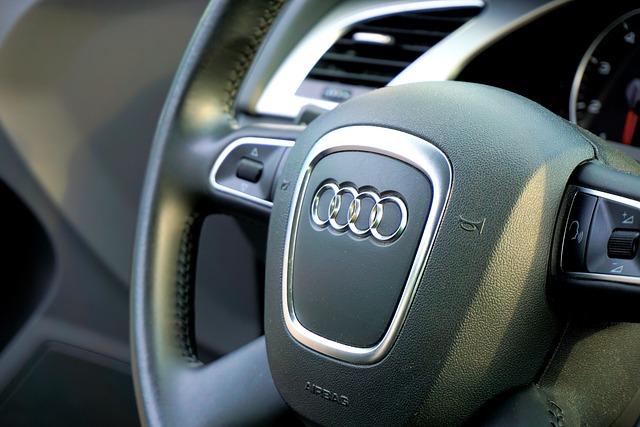Understanding the difference between Headache Pain (HP) and Post-Concussion Symptoms (PCP) is crucial in navigating medical and legal processes, especially regarding PCP claims in the UK. While HP refers to persistent headaches, PCP encompasses a broader range of symptoms following a concussion. This article explores key differences between HP and PCP, delving into how PCP claims are distinct from standard HP claims under UK law. By understanding these distinctions, individuals can better navigate their treatment options and compensation processes for post-concussion disorders.
- Understanding HP (Headache Pain) and PCP (Post-Concussion Symptoms): Key Differences
- PCP Claims: How They Differ from Standard HP Claims in the UK
- Navigating PCP Claims for Better Treatment and Compensation
Understanding HP (Headache Pain) and PCP (Post-Concussion Symptoms): Key Differences

Understanding HP (Headache Pain) and PCP (Post-Concussion Symptoms): Key Differences
Headache pain (HP) and post-concussion symptoms (PCP) are distinct conditions that often require different approaches for management and treatment. While headache pain can range from mild to severe, it is typically localized to the head and may be accompanied by nausea, sensitivity to light or sound, and other symptoms. On the other hand, PCP refers to a set of symptoms that occur after a concussion or traumatic brain injury (TBI). These symptoms can include headaches, dizziness, fatigue, difficulty concentrating, memory problems, and even mood changes—often persisting long after the initial injury has healed.
When it comes to claiming compensation for these conditions in the UK, PCP claims are specifically related to the aftermath of a concussion or TBI. If you’ve suffered a head injury and continue to experience debilitating symptoms that impact your daily life, you may be eligible for pcp claims. The process involves gathering medical evidence to support your case, including detailed records of your symptoms, treatments, and how they affect your ability to work or engage in everyday activities. This is distinct from headache pain claims, which focus on the direct treatment and management of chronic or acute headaches without the context of a traumatic brain injury.
PCP Claims: How They Differ from Standard HP Claims in the UK

PCP (Private Medical Insurance) claims differ from standard HP (Healthcare Plan) claims in several key ways within the UK healthcare system. While both cover a range of medical expenses, PCP claims offer more flexibility and often include broader scope of services, such as alternative therapies and private hospital treatments not always covered by basic HP plans.
PCP claims are typically made directly to the provider or insurance company, allowing patients greater control over their treatment choices. They may involve higher out-of-pocket expenses initially but can result in faster access to specialist care and a wider range of healthcare options. In contrast, HP claims usually follow a pre-authorisation process where the insurer assesses the medical necessity before approving coverage, potentially leading to delays.
Navigating PCP Claims for Better Treatment and Compensation

Navigating PCP claims in the UK is a crucial step for ensuring individuals receive adequate treatment and compensation following an accident or injury. The process involves understanding your rights and the specific procedures for making a PCP claim. It’s essential to gather all relevant information, including medical records, evidence of expenses, and details of the incident. This ensures a strong case that maximises the chances of a successful outcome.
When pursuing a PCP claim, it’s recommended to seek professional guidance from a reputable claims management service or solicitor experienced in personal injury law. They can guide you through each stage, from initial assessment to negotiating with insurance companies. Their expertise can be invaluable, especially when dealing with complex cases or dealing with stubborn insurers. Remember, proper navigation of PCP claims UK procedures significantly impacts the outcome, ensuring you receive fair treatment and compensation for any suffered harm.
Understanding the distinction between Headache Pain (HP) and Post-Concussion Symptoms (PCP) is crucial for navigating PCP claims in the UK. While HP may be acute and treatable, PCP often involves a complex interplay of physical and cognitive symptoms that persist long after an initial injury. Recognizing these differences is essential for ensuring individuals receive appropriate treatment and access fair compensation through their PCP claims. By delving into this topic, we aim to empower folks to better understand their rights and navigate the process with confidence, fostering better outcomes and a smoother recovery journey.
